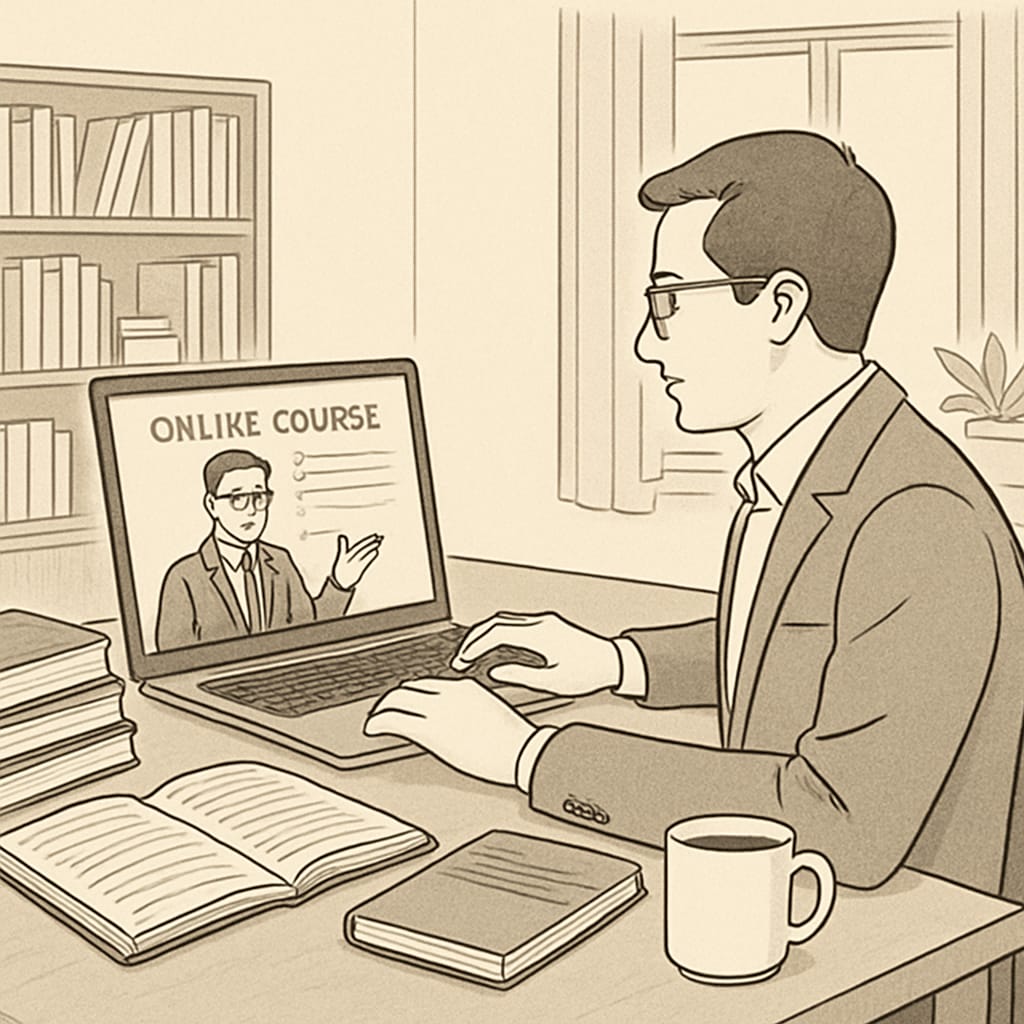For professionals over 30, the pursuit of a degree, career growth, and continuing education often feels like walking a tightrope. The pressure to advance in one’s career while simultaneously investing in education can be daunting. However, with strategic planning, it’s possible to achieve both goals. This article explores the challenges and solutions for balancing work and education, helping mid-career professionals make informed decisions about their educational investments.
Why Continuing Education Matters in Career Growth
Continuing education plays a critical role in career development. It not only enhances your skills but also opens doors to new opportunities and promotions. In many industries, higher degrees or certifications are prerequisites for advancing to leadership roles. For example, in fields such as healthcare, IT, and finance, acquiring advanced degrees or specialized certifications can significantly increase your earning potential and job security. According to a Britannica article on education, lifelong learning is vital for adapting to rapid technological advancements and market changes.

However, the importance of continuing education varies by profession. Some industries prioritize hands-on experience over formal credentials. Therefore, understanding your specific career goals and industry requirements is essential before committing to any educational program.
The Challenges of Balancing Work and Education
Mid-career professionals often face unique challenges when pursuing education alongside work. These include:
- Time Constraints: Managing a full-time job, family responsibilities, and study schedules can be overwhelming.
- Financial Burden: Higher education can be expensive, and balancing tuition fees with existing financial obligations is not easy.
- Burnout Risk: Juggling multiple priorities without adequate support can lead to mental and physical exhaustion.
To address these challenges, consider part-time or online programs, which offer greater flexibility. For example, many universities now offer accredited online degrees tailored for working professionals. These programs allow you to learn at your own pace, making it easier to balance work and study commitments.

Making Informed Decisions About Continuing Education
When deciding whether to pursue further education, professionals should evaluate the following factors:
- Return on Investment (ROI): Calculate the potential salary increase, career advancement opportunities, and industry demand for your chosen program.
- Program Flexibility: Look for programs that align with your work schedule, such as evening classes or self-paced online courses.
- Employer Support: Explore whether your employer offers tuition reimbursement or flexible working hours for education.
- Personal Goals: Reflect on how the program aligns with your long-term career aspirations and personal development.
For example, if you work in IT and aspire to move into management, pursuing an MBA might be a logical step. Alternatively, if you aim to deepen your technical expertise, a specialized certification might be more beneficial. Resources like the Wikipedia page on continuing education provide valuable insights into different program options.
Balancing Work, Education, and Life
To successfully manage work and education, it is crucial to establish clear boundaries and effective time management strategies. Here are some tips:
- Set Priorities: Determine your top goals and allocate time accordingly.
- Create a Schedule: Use digital tools or planners to organize your work, study, and personal time.
- Seek Support: Communicate with your family, employer, and colleagues about your commitments and seek their understanding.
- Practice Self-Care: Ensure you maintain a healthy work-life balance to avoid burnout.
Remember, continuing education is a marathon, not a sprint. Be patient with yourself, and don’t hesitate to adjust your plans as needed.
In Conclusion: Balancing degrees, career growth, and continuing education can be challenging, but it is achievable with careful planning and the right resources. By evaluating your goals, resources, and priorities, you can make decisions that enhance your career while maintaining a fulfilling personal life.


